To investigate simulation theory, one must consider the profound questions of our existence. Is our reality a product of advanced computation, or something more fundamental? Recent research dives into this very question, exploring whether the universe could be a hyper-realistic simulation. The answer, as you'll see, is surprisingly complex, drawing on advanced mathematical concepts.
On This Page
We Also Published
The nature of reality has been a subject of intense debate for centuries. Recently, the simulation hypothesis, which suggests our universe is a hyper-realistic simulation, has gained traction. However, a new study offers compelling mathematical evidence against this idea. This article delves into the core arguments and provides a detailed analysis of the findings.
The Simulation Hypothesis: A Brief Overview
The simulation hypothesis posits that our reality is a computer simulation created by a super-advanced civilization. This concept, while seemingly outlandish, has roots in philosophy and science fiction. It questions the fundamental nature of our existence, prompting us to re-evaluate our understanding of the universe. The premise is that if a civilization becomes advanced enough, they might create simulations indistinguishable from reality.
Historical Context and Philosophical Roots
The concept of a simulated reality is not new. Plato's "Allegory of the Cave" presents a similar idea, suggesting our perception of reality might be limited. The Wachowskis' film, The Matrix, also explores this theme, where humans are unknowingly trapped in a simulated world. These philosophical explorations provide a foundation for contemporary discussions about the simulation hypothesis, shaping our understanding of reality.
Over the years, many people have pondered whether reality is real or not. The concept has evolved with advancements in technology and our understanding of physics. The simulation hypothesis has been a constant source of debate in the scientific community. You will learn to investigate simulation theory through mathematical concepts and scientific inquiry.
The Rise of Information Physics
Information physics explores the role of information in the universe. Some scientists suggest gravity arises from computation rules, while others propose information could explain dark matter and energy. This field provides a framework for examining the simulation hypothesis using scientific principles. This approach allows for a more rigorous and testable framework compared to purely philosophical arguments.
The simulation hypothesis has gained traction within the field of information physics, which explores the role of information in the universe. This approach allows scientists to use mathematical concepts to test and evaluate the hypothesis. This development marks a shift from philosophical speculation to a more scientific approach to addressing the question of our reality.
Mathematical Challenges to the Simulation Theory
A recent study from the University of British Columbia (UBC) claims to have mathematically proven the simulation theory's impossibility. The researchers argue that certain fundamental principles are non-algorithmic, suggesting our reality is not a simulation. This section explores the mathematical concepts used in this study.
Godel's Incompleteness Theorems
Godel's incompleteness theorems state that within any formal system, there will always be true statements that cannot be proven within that system. This concept suggests any attempt to create a complete algorithmic description of reality is inherently limited. The theorems highlight the inherent limitations of formal systems, suggesting that some truths lie beyond the reach of computation.
Godel's theorems imply that a completely consistent and complete description of reality cannot be achieved through computation alone. This finding is critical to the study's conclusions, as it sets the foundation for the limitations of algorithms. The theorems provide a mathematical framework for understanding the simulation hypothesis.
Tarski's Undefinability Theorem
Tarski's undefinability theorem asserts that in a formal system, it's impossible to define the concept of truth within that system. This theorem reinforces the idea that there are aspects of reality that cannot be fully captured algorithmically. It underscores the limitations of formal systems in describing the entirety of reality.
Tarski's theorem adds to the argument against the simulation hypothesis by showing that truth itself is not fully definable within algorithmic systems. This implies that any simulation, which relies on algorithms, would inherently lack the capacity to fully represent reality. This is an important concept in understanding the simulation hypothesis.
Implications for Reality
The study's findings suggest that a wholly algorithmic "Theory of Everything" is impossible. Certain aspects of reality will remain computationally undecidable. This implies that the universe cannot be a simulation. This section explores the implications of these findings.
The Platonic Realm of Mathematics
The authors invoke the metaphysical idea of the "Platonic realm" of mathematics, a realm more real than our own from which space and time emerge. The rules in this realm could be algorithmic. If this realm is not algorithmic, the universe cannot be a simulation. This concept provides a deeper perspective on the nature of reality.
The Platonic realm provides a framework for understanding the nature of reality beyond mere computation. If the rules of this realm are non-algorithmic, then the universe, which emerges from these rules, cannot be a simulation. The implications of this are profound, suggesting our reality is rooted in something more fundamental than algorithms.
Non-Algorithmic Understanding
The study concludes that a complete description of reality requires non-algorithmic understanding, which is beyond algorithmic computation. This implies that our universe, which requires non-algorithmic understanding, is not a simulation. This concept provides a foundation for the study's conclusions.
The authors suggest that reality requires non-algorithmic understanding, which is beyond algorithmic computation. This is a critical point in the study's argument. This implies that our universe, which requires non-algorithmic understanding, is not a simulation. This challenges the simulation hypothesis and provides a compelling argument for the reality of our universe.
Final Word
While the simulation hypothesis is a fascinating concept, this study offers compelling evidence against it. The mathematical arguments suggest that our universe is fundamentally real. This research, while not the final word, provides a valuable contribution to the ongoing debate about the nature of reality. The implications of this study are profound, suggesting our universe is rooted in something more fundamental than algorithms.
| Aspect | Description | Implication |
|---|---|---|
| Simulation Hypothesis | The idea that our universe is a computer simulation. | Challenges our understanding of reality. |
| Godel's Incompleteness Theorems | Within any formal system, there will always be true statements that cannot be proven within that system. | Suggests a complete algorithmic description of reality is impossible. |
| Tarski's Undefinability Theorem | In a formal system, it's impossible to define the concept of truth within that system. | Reinforces the limitations of algorithms in capturing all aspects of reality. |
| Platonic Realm | A realm of mathematics more real than our own. | If the rules in this realm are not algorithmic, the universe cannot be a simulation. |
Also Read
RESOURCES
- Large Eddy Simulation and theoretical investigations of the transient ...
- Experiments investigating cooperative types in humans: A ...
- Investigating Action Understanding: Inferential Processes versus ...
- Simulation theory is a useless, perhaps even dangerous, thought ...
- Monte-Carlo simulation combined with density functional theory to ...
- UNIT project: Universe N-body simulations for the Investigation of ...
- Multi-Loop Radio Frequency Coil Elements for Magnetic ... - Frontiers
- Combined Density Functional Theory and Molecular Dynamics ...
- A Live Simulation-Based Investigation: Interactions with Clients and ...
- A novel fiber‐reinforced polymer rope: Simulation and theoretical ...
- Experiment, Simulation, and Theoretical Investigation of a New Type ...
- Direct simulation Monte Carlo investigation of the Rayleigh-Taylor ...
- Investigating how to simulate lattice gauge theories on a quantum ...
- Structural Investigation of DHICA Eumelanin Using Density ...
- Experiments investigating cooperative types in humans: a ...
From our network :
- Mastering DB2 12.1 Instance Design: A Technical Deep Dive into Modern Database Architecture
- EV 2.0: The Solid-State Battery Breakthrough and Global Factory Expansion
- Mastering DB2 LUW v12 Tables: A Comprehensive Technical Guide
- AI-Powered 'Precision Diagnostic' Replaces Standard GRE Score Reports
- https://www.themagpost.com/post/analyzing-trump-deportation-numbers-insights-into-the-2026-immigration-crackdown
- https://www.themagpost.com/post/trump-political-strategy-how-geopolitical-stunts-serve-as-media-diversions
- 98% of Global MBA Programs Now Prefer GRE Over GMAT Focus Edition
- 10 Physics Numerical Problems with Solutions for IIT JEE
- Vite 6/7 'Cold Start' Regression in Massive Module Graphs
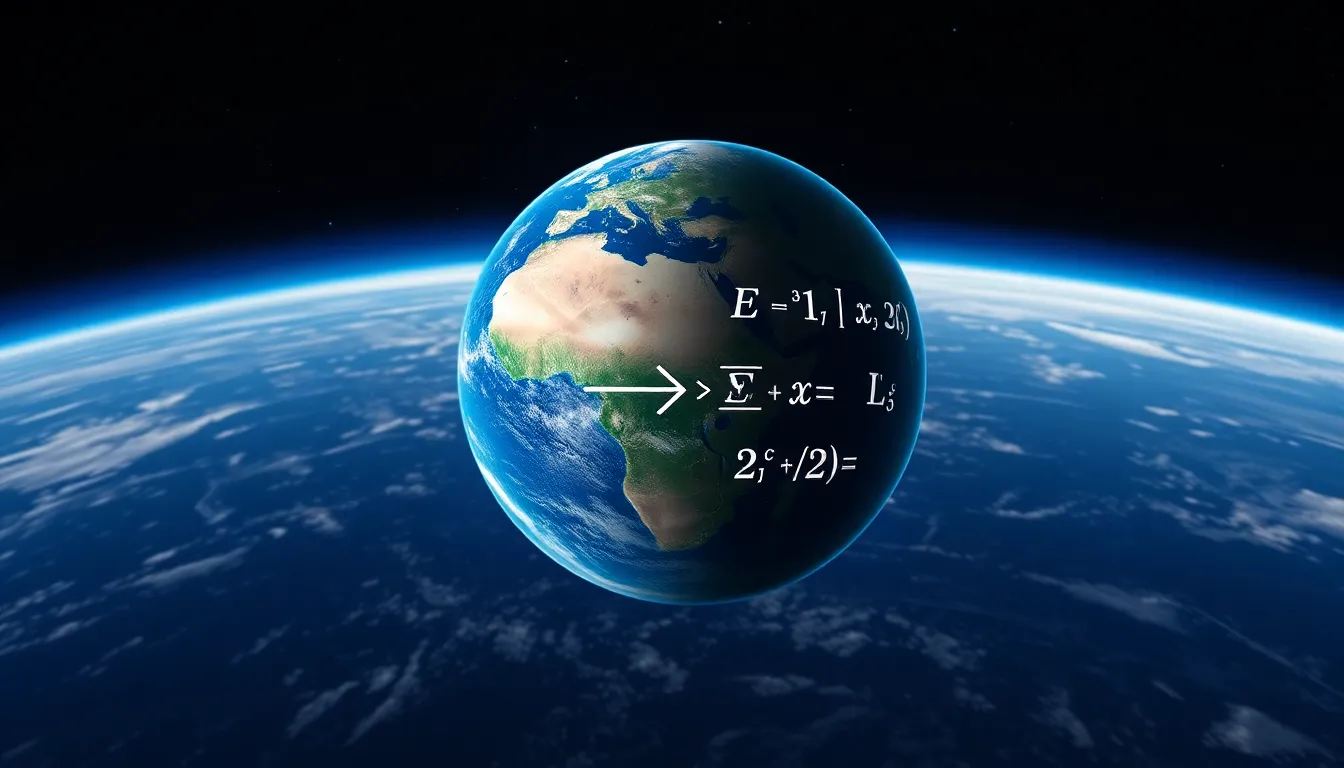
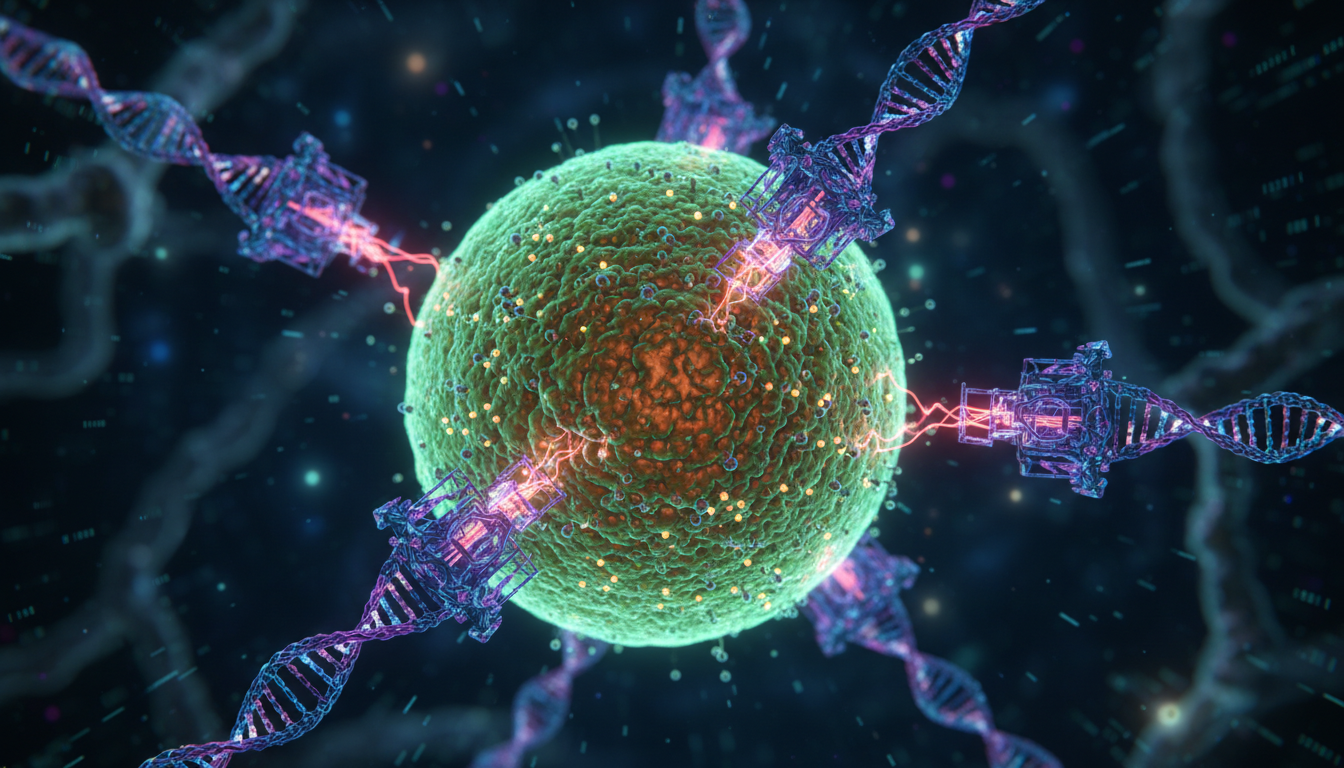
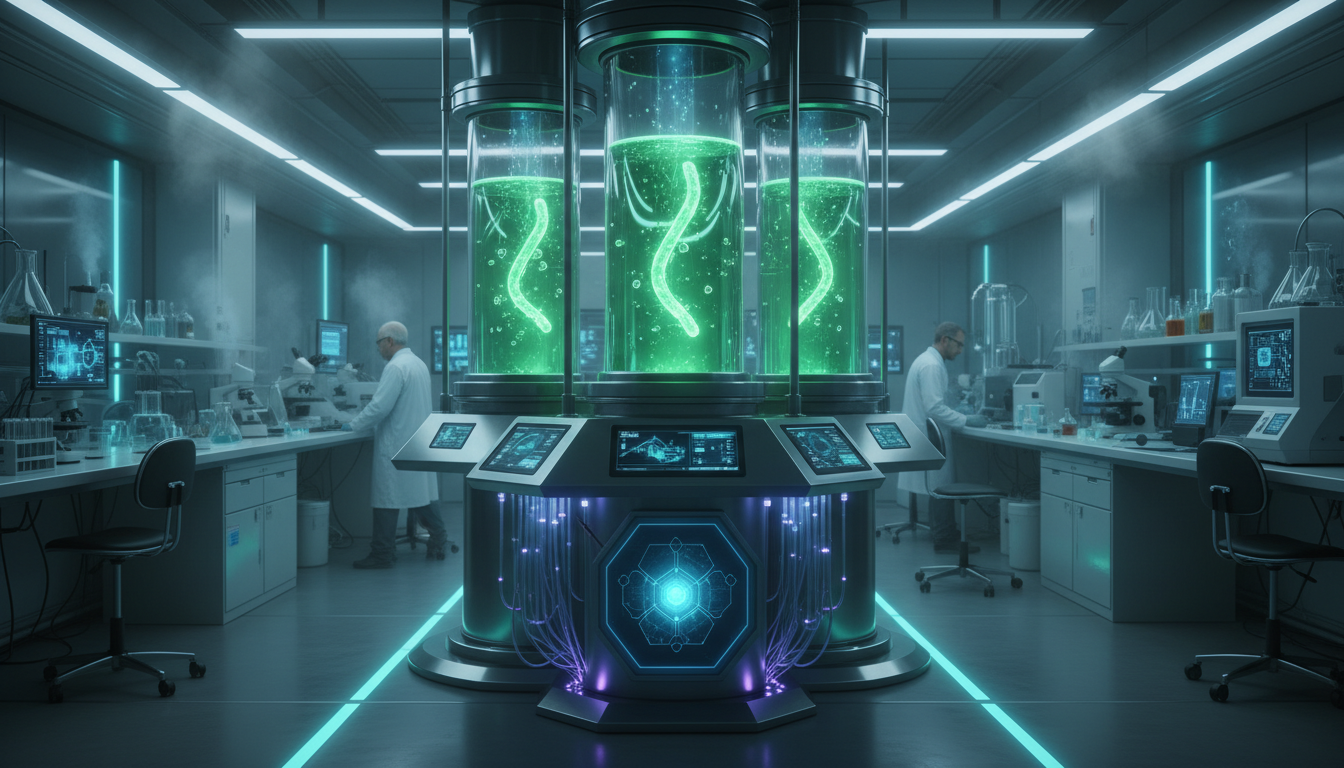
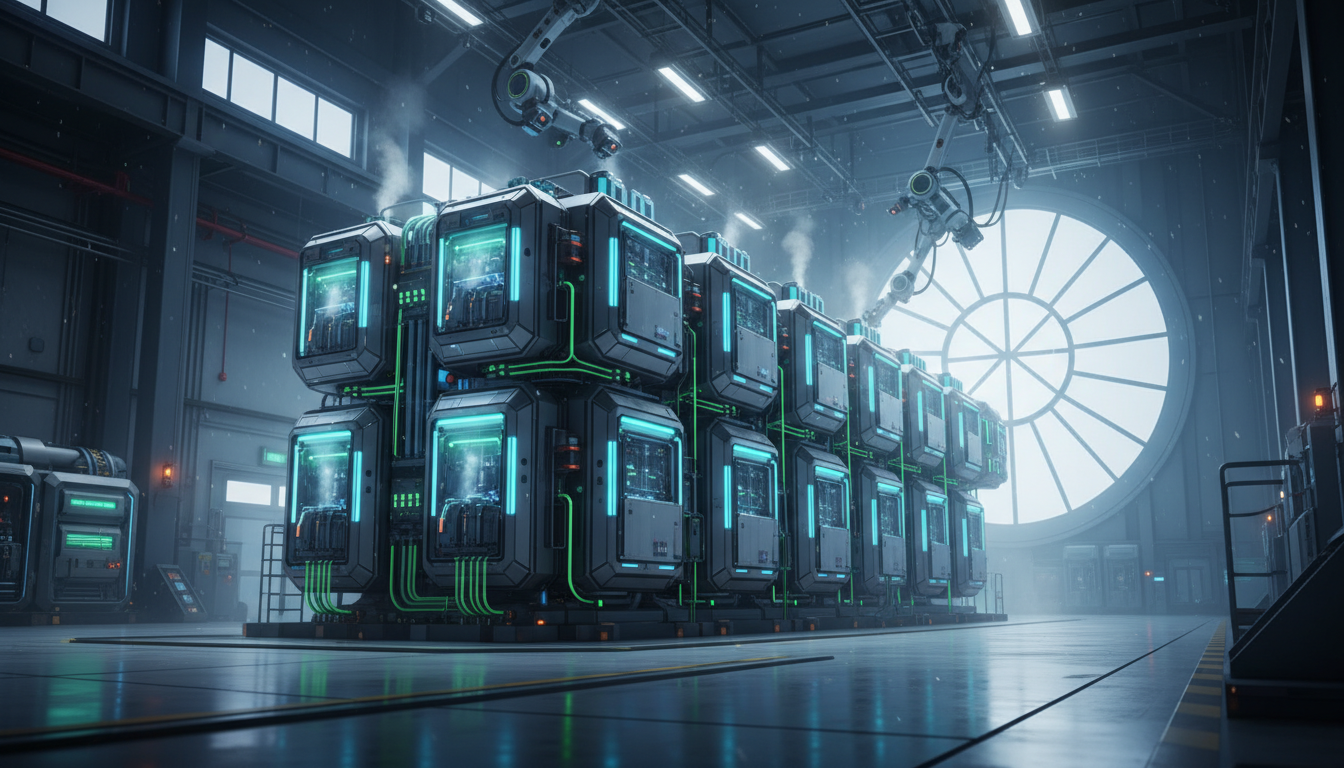
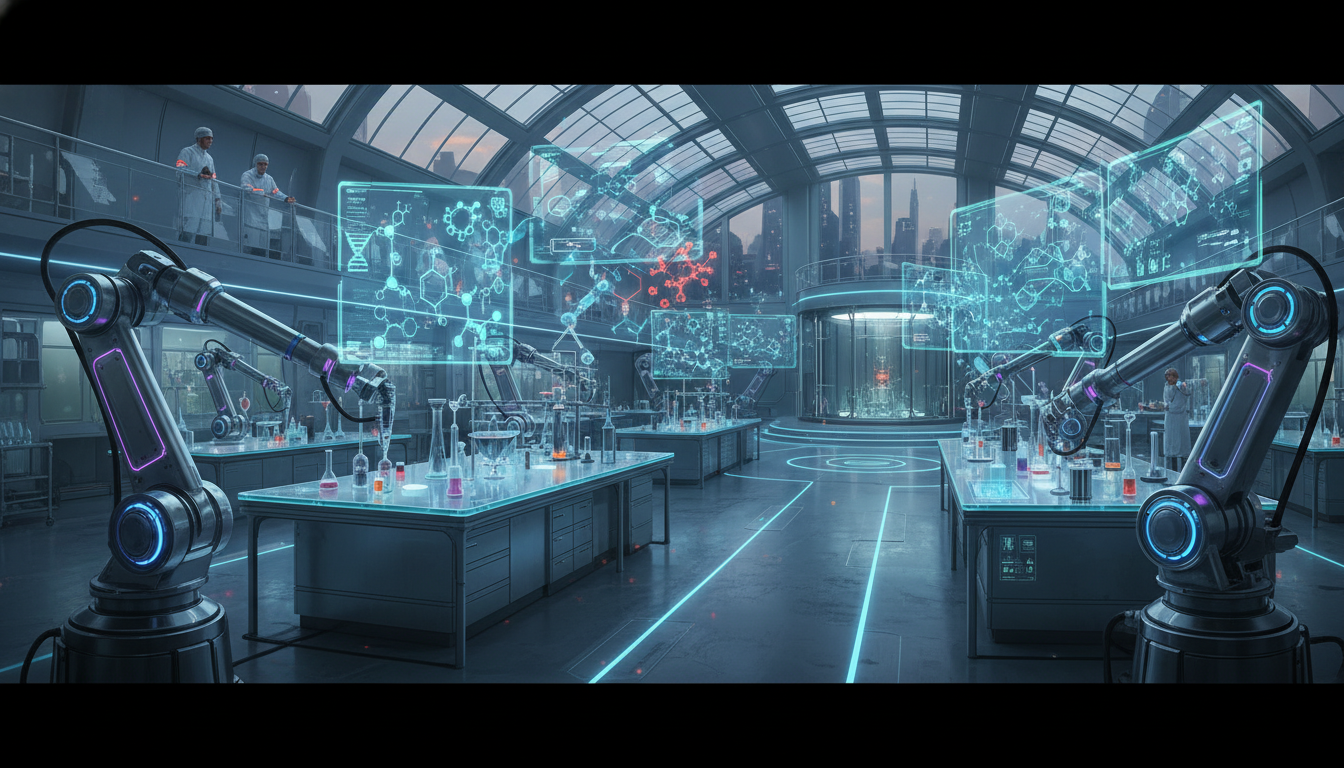

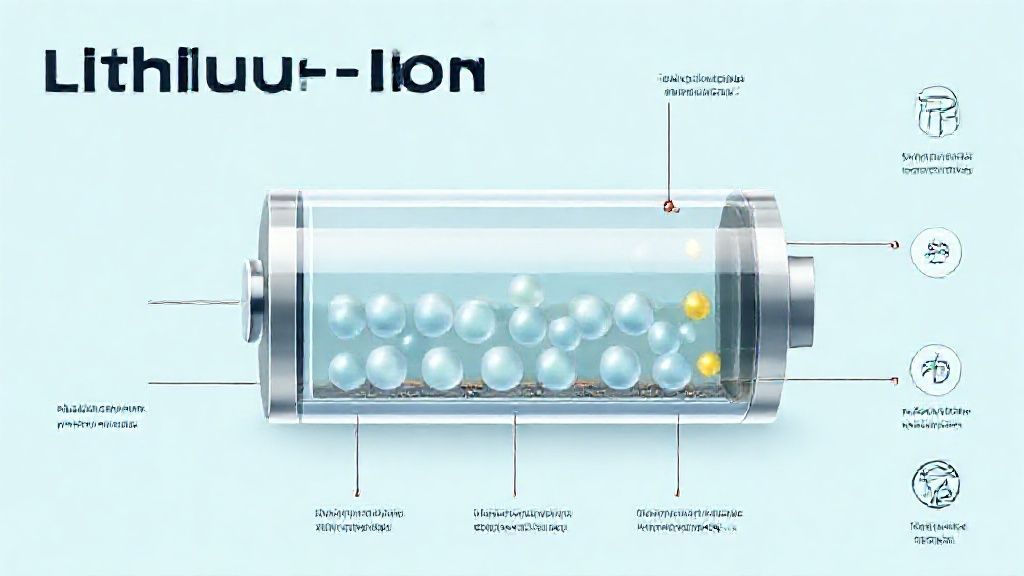
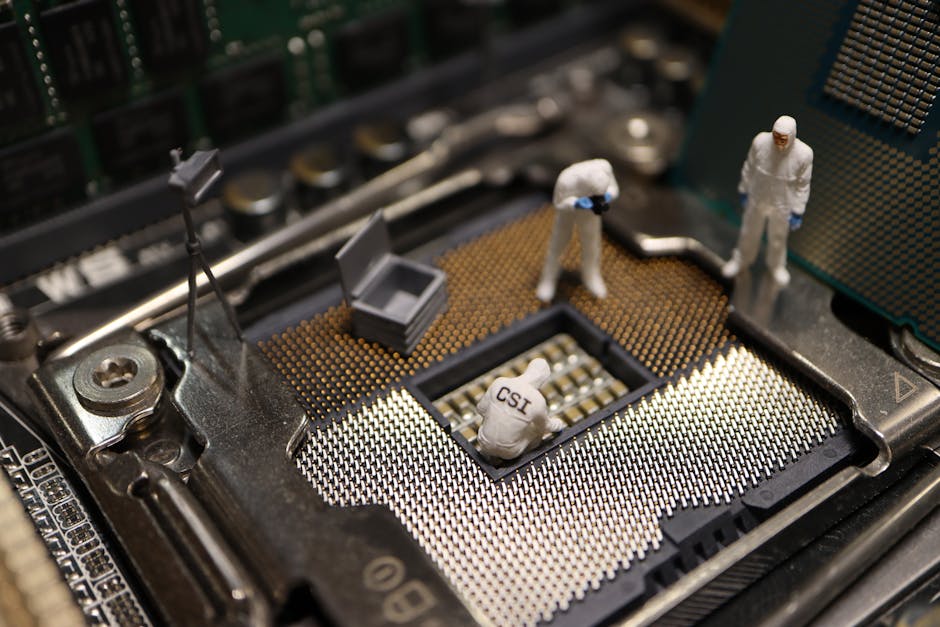
1 Comment